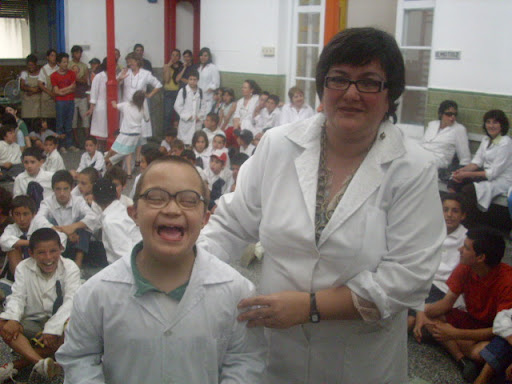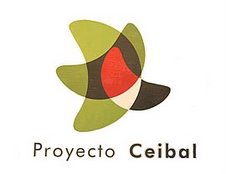Originally published by enrique_place , Thursday, October 04, 2007
Translated by Alec McLure
"Commision's Report leans towards US$199 laptop"
ALEJANDRO NOGUEIRA
The formal decision is not out yet, but Latu received the report from the committee adjudicating on the bid for 100,000 laptops for schools. Nicholas Negroponte's OX scored 56.84 points and the Intel Classmate 53.06.
Yesterday Latu looked at the two companies participating in one of the largest purchases envisioned by the State for one of this administrations' most ambitious educational plans. In addition to the original 100,000 computers in the bid, there's an option for another 50,000 and for hundreds of servers (which are in a separate call for bids).
Brightstar Uruguay presented the One Laptop Per Child (OLPC) program, which has the units designed by Negroponte's MIT group; Grupo Positive de Brasil were there with the Intel machines. Both of these units are made in China under their designer's specifications.
Timeline. The companies now have five days to present any objections to the process - this would delay any decisions by the government, which would rather get the decision made. the official intent is to begin distributing school laptops before the end of the yeard and to roll out to all schools in the country before the end of the current administration.
Brighstar began the process by offering their computer at US$205; Positivo at US$ 274 (in their open-source Linux offering) although this unit had more memory and functionality. Latu negotiated on price, and finally the OX went down to US$199 and Intel's unit to US$258.
Grupo Positivo's proposal, which included servers, connectivity, teacher training and educational portals, also had a proposal for use of Windows and tech support in Uruguay by the Sonda company.
Brightstar's offer only includes teacher training and tech support, in addition to an additional 1% supply of machines for replacement purposes due to wear and tear. In addition, this design allows for parts that can be replaced by the children themselves.
Both machines were additionally designed to be highly impact-, water-, and dust-resistant.
Negroponte's so called "green machine" (it's apple-green) doesn't have a hard disk and uses so called open-source (non-commercial) software. This machines book-sized prototype which weighs in at 1.5 kilos (3.3 lbs) was presented at the World Summit on the Information Society in Tunis at the end of 2005.
These laptops are the ones being used in a pilot program to bridge the digital gap which is being carried out in the Cardal school in the Flores department [in Uruguay]. [Translator's note - see editor's comment below - it's actually "Florida" department]
Negroponte originally announced a US$100 laptop but up to now hasn't achieved that price. His plan, which originally was focused on working with large populations in poor countries, will apparently have it's first concrete expression in Uruguay.
Uruguay's inclusion in this program was obtained after convincing him that it was easier to apply the project in a small country with a relatively sparse population.
Leader in Cell-Phone Logistics
Brightstar is the Motorola cell-phone distributor used by countries such as Movistar (Telefónica) and CTI Móvil (América Móvil), both in Uruguay and in other countries in Latin America. In Uruguay, it also distributes BlackBerries and Palm [Pilots] and LG-branded products. In the Ceibal Plan bid it offered the Intel-designed computers.
Brighstar Corporation is principally a distributor and provider for value-added services for the wireless telecommunication industry. It specializes in managing inventory, logistics, fulfillment, internet-based solutions, invidual packaging and post-sale support to the cell-phone industry. World-wide, it's the third-largest provider of this type of service. The company was founded in 1997 and now takes in about US$ 4 billion annually.
In July, Intel and OLPC announced a joint agreement to take the benefits of technology to countries in development by using the synergy between their programs. Intel joined the OLPC board in which several IT big-rollers participate. Among them are Google, AMD, Red Hat, News Corporation, and Bright Star itself.
Source: Diario El País
Editor's Note:
- The bold-faces are mine, and not in the original article
- Where it's stated that "in the Cardal school in the department of Flores" - "Flores" should be "Florida" (thanks to Gabriel Menini!)











